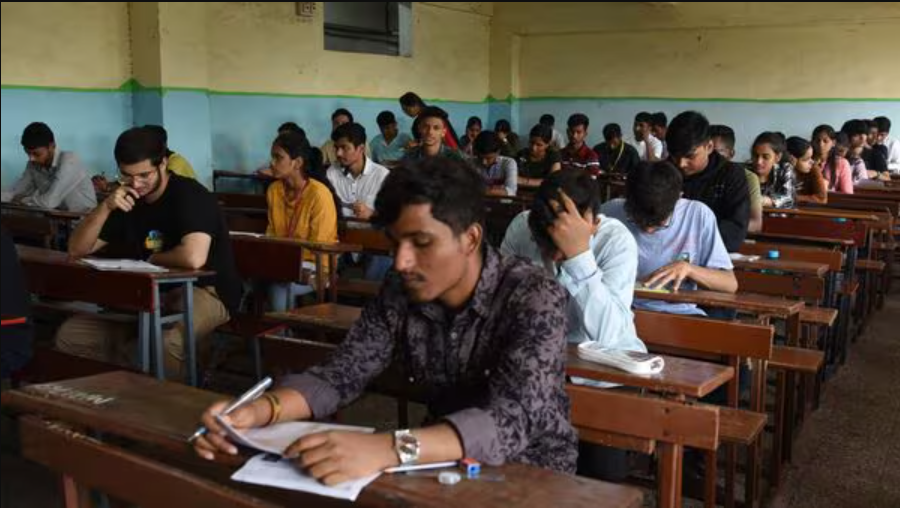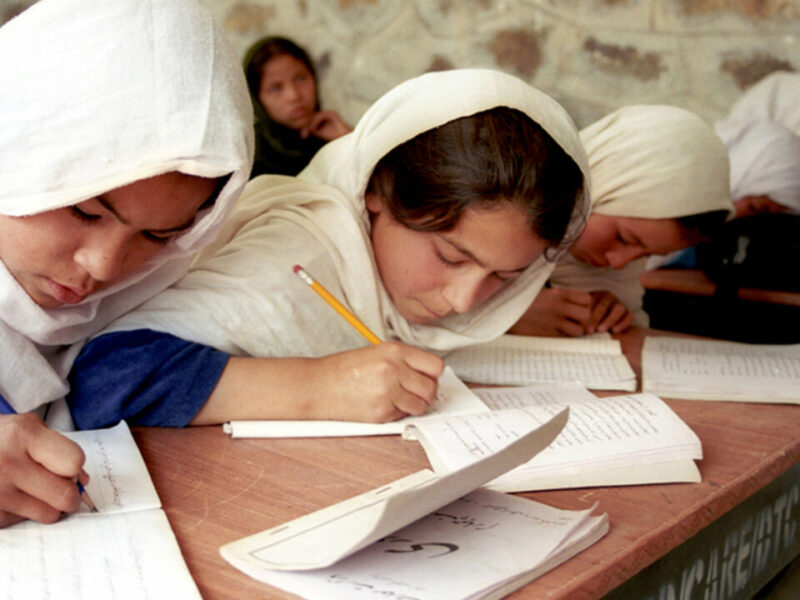In recent years, education systems worldwide have been rocked by a series of exam scandals, where cheating has infiltrated academic institutions at an alarming rate. These scandals are not only about students cheating but also point to deeper systemic issues that undermine the integrity of education. One of the most shocking and wide-reaching scandals occurred in 2019, when the college admissions bribery scandal in the United States revealed that wealthy parents, including celebrities and business leaders, were paying large sums to secure spots at prestigious universities for their children, regardless of their academic qualifications. This scandal sent shockwaves around the globe and raised critical questions: who is cheating, and what does this mean for the future of education?
The Scope of the Scandal
At the heart of the 2019 scandal were allegations that dozens of wealthy families had paid millions of dollars to a college admissions consultant, Rick Singer, who facilitated cheating on entrance exams and falsified athletic credentials to gain admission for students at top universities like Stanford, Yale, and USC. Wealthy parents, including actresses Lori Loughlin and Felicity Huffman, were implicated in paying for their children’s entry into elite institutions through bribery and manipulation of standardized testing results.
The public reaction was one of outrage, with people questioning how a system that rewards hard work and merit could be so easily undermined by money and privilege. While the scandal primarily focused on high-profile individuals, it sparked a much broader conversation about how deeply rooted cheating and inequality are in education systems worldwide.
Beyond the Headlines: Who’s Cheating?
While the scandal brought attention to the actions of the wealthy, it also highlighted a critical issue: the educational system itself. It revealed how the pressures to succeed in high-stakes exams often drive people—students, parents, and institutions—to take drastic measures to secure a competitive advantage.
Cheating is not always limited to high-profile scandals. Around the world, students continue to resort to dishonest practices like using cheat sheets, copying answers from peers, or paying for exam papers. However, it’s essential to acknowledge that not all forms of cheating are equal. In many cases, the students involved may feel cornered by the immense pressure to succeed, especially in countries where education is seen as the sole path to upward mobility.
Moreover, the cheating culture is not confined to students. Teachers, administrators, and even examiners have been caught in scandals involving the manipulation of grades or exam results to achieve favorable outcomes for their institutions or to satisfy political or financial motives. In some cases, entire school districts or national education boards have been implicated in creating or covering up fraudulent academic records.
The Root Causes of Cheating
So, who’s cheating? It’s not just the students trying to pass exams—it’s a system that pressures them to perform at all costs. When the stakes are this high, it’s unsurprising that people will seek shortcuts to success. The reliance on standardized testing, which often overlooks factors like creativity, critical thinking, and socio-economic background, makes it easier for cheating to proliferate.
Furthermore, in an increasingly competitive world, where the difference between admission to a top university and not getting in can determine a person’s future, many feel that cheating is the only way to level the playing field. This is especially true for those without the resources to hire private tutors or pay for standardized test prep courses.
Conclusion
The exam scandal that shook the world is a stark reminder of the deep inequalities within education systems and the lengths people will go to to secure opportunities for success. It’s not just a cheating problem; it’s a symptom of a much larger issue involving a flawed system, societal pressures, and unequal access to resources. The question of who’s cheating goes beyond the actions of a few individuals; it’s about addressing the systemic issues that allow cheating to thrive. To ensure a fairer and more just educational system, it’s crucial to reevaluate how we assess and reward academic success.



